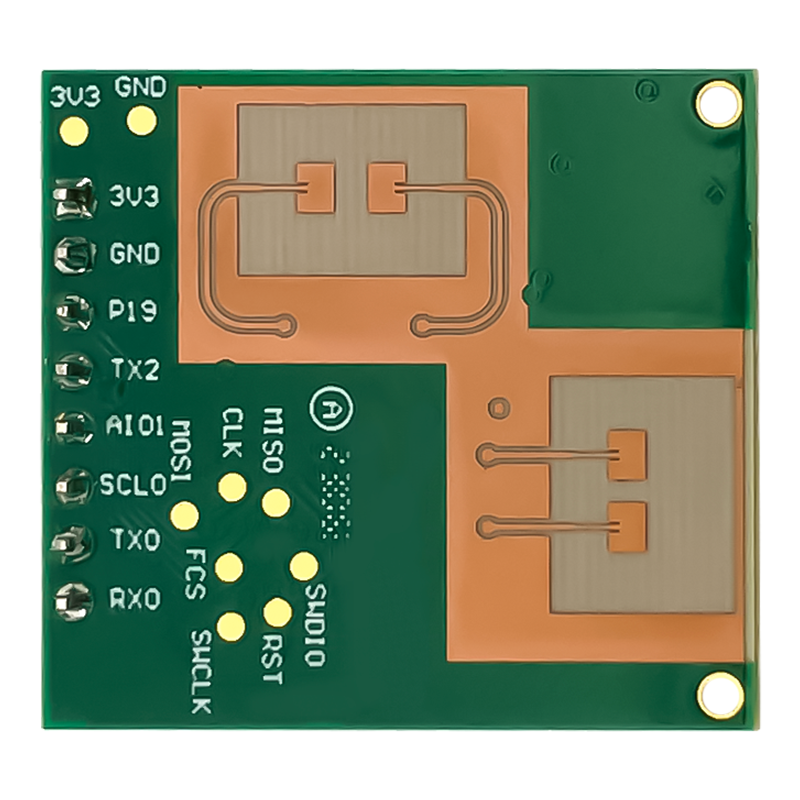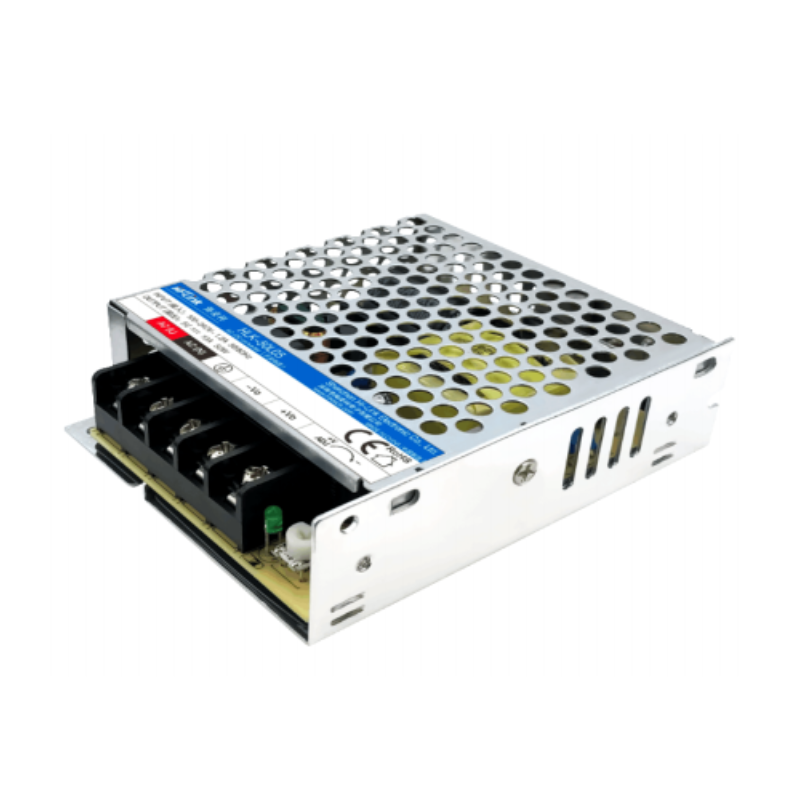





Hotspots/pain points/viewpoints are connected, and the context of the IOT events is under control
December 30,HuaweiRelease the 2012 industry trend outlook. The full text is as follows:
Since entering the information age, especially in the past two decades, technological changes have emerged one after another, and various applications have emerged wonderfully. Today, we are ushering in a new wave of informatization. We saw:mobileThe internetWith rapid popularity and tremendous growth of digital content, people all over the world share information and communicate freely-the distance between the ends of the world is becoming very close, and the technological gap is being closed. In this new round of network and technological changes, a notable feature is that user experience is increasingly becomingdriveThe driving force behind the development of the industry leads to the arrival of the next more prosperous information age.
1. User experience has become the driving force behind the development of the industry
Today, people manipulate millions of rich businesses at their fingertips. Countless applications fill up the user's 24 hours in a fragmented form, connecting the eternal online digital life. What promotes and promotes the sustainable development of business and technology? What is the driving force behind the prosperity? An obvious fact is that "experience" is being respected as the supreme law, and users have regained the authority to drive the development of the industry. This is reflected in:
"Speed" comes first: Zero waiting to redefine network speed
In thousands of years of history, mankind has never stopped the pursuit of speed: from the distant camel bell to today's supersonic aircraft. In the field of telecommunications, humans have developed network access technology from dial-up access to today’soptical fiberAt home, the bandwidth has been increased by 1000 times. Nevertheless, people's demand for bandwidth is still difficult to meet. Looking to the future, network speed will no longer be measured by how much bandwidth a certain service requires, but from the perspective of user experience, so that users will not feel the "zero wait" of the network, to drive and promote the development of the network.
"Quality" comes first: video and augmented reality will be everywhere
With the development of the Internet, Web content has evolved from text, pictures and sounds to today's high-definition video. Approaching the real world infinitely has become the ultimate goal of media presentation. New experiences such as 3D, Ultra HD and Augmented Reality continue to refresh technical records, traction and drive new development. At the same time, these more realistic forms of expression will be ubiquitous in people's lives, infiltrating into various applications such as e-commerce, social networking and news.
"Freedom" is supreme: I have the network, I can control it freely
The number of fixed Internet users reached 2 billion and it took 20 years. The mobile Internet reached the order of 1 billion users in only 5 years, and its development speed was twice that of the fixed Internet. The rapid development of the mobile Internet originates from the fact that mobile networks have allowed people to get rid of the constraints of "wires". The popularity of smart phones will give people the greatest freedom. Similarly, the future business will also be based on the "On-Demand" experience, especially in the TV field, people will get rid of today's TV model of "watching prescribed content at a prescribed time". The mobile network equipped with On-Demand service experience will become a basic requirement of people, and people can enjoy various service applications as they like at all times.
"Simple" comes first: ergonomics brings people back to nature
The history of human-computer interaction, from keyboard and mouse to touch and somatosensory, is the history of the return of humans’ pursuit of simplicity. All "simple" revolves around the natural way of human communication. Especially fingers and voice, which are the best way of communication that God has given to humans. Looking to the future, more natural ergonomics will lead the user experience to show more subtle human nature, such as voice, gesture and emotion.
"Sharing" first: community-based experience lays the foundation for the business
Google’s search business introduces "mathematical logic" to the Internet, making it easier to obtain information. If this is at the level of simple and easy-to-use tools, then Facebook has elevated "tools" to "human nature." By introducing "social ethics" into the Internet, Facebook has met the emotional needs of people's social attributes and the desire for sharing. In just a few years, Facebook has exceeded 800 million users. Therefore, whether it is consumer-oriented business or enterprise application, community-based experience will become the basic feature of all businesses.
People's eternal pursuit of user experience has become the driving force behind the development of information socialization. Behind these user experiences is the unremitting pursuit of speed, quality, freedom, simplicity and sharing. These are the most basic and important characteristics of human character.
2. Ten key issues for the development of the telecommunications industry
User experience continues to drive the development of the network. In turn, advances in network technology will support the improvement of user experience. To meet the needs of this kind of user experience development and informatization construction, the information network is entering a new round of changes. In order to grasp this round of industry opportunities, in the network field, the telecom industry must pay attention to the following ten key issues:
1. The mobile network has entered the Gigabit era, and the time is right to build a ubiquitous broadband network
The biggest bottleneck of the current network is the insufficient bandwidth capability of the mobile network. Compared with fixed networks, there is still a big gap in the user experience provided by mobile networks. Only building a mobile broadband network with Gigabit traffic can support the user experience to a new level. In this context, architectural innovation and continuous reduction of network costs will support the sustainable development of operators' mobile broadband services.
2. Implement smartoptic fiber networkManagement to meet the wholeOptical access arrival
The traditional way of manually managing copper wires has been in the telecommunications industry for more than 100 years. The extremely low operating efficiency makes it the biggest cost in network maintenance. Under the historical trend of evolution to optical fiber access, the deployment, maintenance, fault location and troubleshooting of cables are upgraded to a new stage, and intelligent optical network management has become the core measure to promote the development of optical fiber networks.
3. The transformation of ALL IP network is deepened, and the era of packetization is fully entered
In the past 20 years, IP technology has developed at an unprecedented speed. Today, the telecommunication network has formed a hybrid network where TDM and IP coexist. Facing the future, it will be an inevitable trend to move towards a Single network based on ALL IP. The telecommunications industry needs to continue to deepen the transformation to ALL IP, complete business migration, network integration, network interoperability, and changes in operation and maintenance, and bring the telecommunications industry into the era of full packetization.
4. Based on the IT infrastructure of cloud computing, to achieve large data concentration and build a data center-centric network
Data replaces voice and becomes the main content of the network. This historically significant change has also driven the data center to replace voice exchange and become the center of the network, giving new meaning to the eternal theme of network development. Based on new technologies such as virtualization, distributed storage, and parallel computing brought by cloud computing, it is possible to build Exabyte's computing and storage capabilities. The IT infrastructure based on cloud computing is the basis for building a data-intensive and data-center-centric network.
5. OSS/BSS is modernized to adapt to the open industry chain environment and On-Demand business model
The new wave of informatization has shown two major changes: one is that user needs shift from cost competition to value creation; the other is that the telecommunications industry has moved from a completely closed system to a completely open system today. The modernization of the operator’s IT system should be oriented towards user value creation and the construction of an open industrial chain to support the entire process of product design and development, product listing, and value distribution. These systems need to support users' independent package design, package selection and bandwidth selection, etc., to give users maximum freedom and control.
6. Based on big data analysis, insight into user needs and building an agile enterprise
In the open Internet era, user needs are personalized and changeable. Under the ALL IP architecture, the network realizes automation and statistical multiplexing, and network quality and QoS guarantee are both dynamic processes. Through big data analysis, operators can realize insights into the network and user needs, build agile enterprises, provide users with better experience and services, and unearth more business opportunities.
7. Build a flexible and intelligent network to support On-demand bandwidth management
The operation of the network and bandwidth is the basis of the operators' business operations. The network develops towards more intelligence and flexibility. On the one hand, it can provide On-Demand user experience, allowing users to freely choose bandwidth and services according to their needs. On the other hand, it will improve network efficiency and utilization and reduce network costs.
8. Integrate digital media content and build a multi-screen digital distribution channel
In this information wave, digital content is extremely prosperous, and the Internet has become a channel for digital media distribution. This model is a subversion of traditional channels. Integrating digital media content and realizing the cross-screen (mobile phone/PC/TV/PAD) On-Demand user experience will be the development trend of the future media and an important strategic opportunity.
9. Integrate the IT industry chain and realize the transformation of ICT with the help of cloud computing business model transformation
Cloud computing continues to change the business model of the IT industry, transforming the industry from selling products to selling services. The continued popularization of broadband networks has provided effective network conditions for cloud computing services. Based on the advantages of localized services, network security, security and credibility, operators will strongly integrate IT applications and communication capabilities to form end-to-end ICT solutions that can provide end-to-end ICT services for enterprises, especially small and medium-sized enterprises. This will allow small companies to enjoy the ICT capabilities of large companies.
10. Network security and privacy protection, establish trusted information services
The open IP network and cloud computing model have pushed information security and privacy protection to unprecedented heights. Operators need to build an end-to-end security architecture including "infrastructure, data protection, application protection, and legal compliance" to provide enterprises and consumers with more trustworthy security solutions than the Internet, and comprehensively protect users’ information and privacy.
Although the concept of information society has been proposed for many years, the prelude to informationization has just begun. People's eternal pursuit of user experience will continue to promote the transformation of information services, and the development of telecommunication networks and technologies will also enter a new stage of development. The mutual promotion of user experience and network technology will lead information services to a new level of prosperity.





Previous:Taipei Optical Fiber BO Signs Contract to Purchase 9 Billion Opportunities Next:What is ad-hoc mode?
关联产品:
